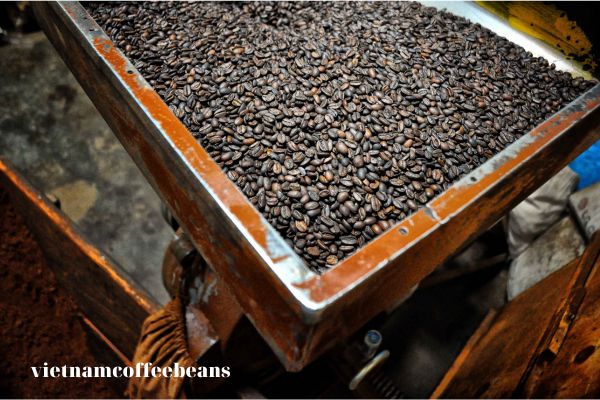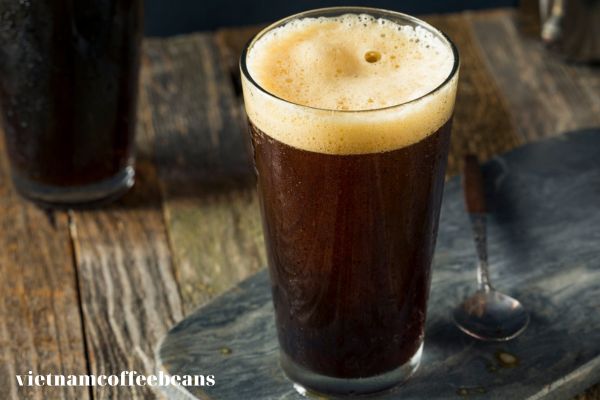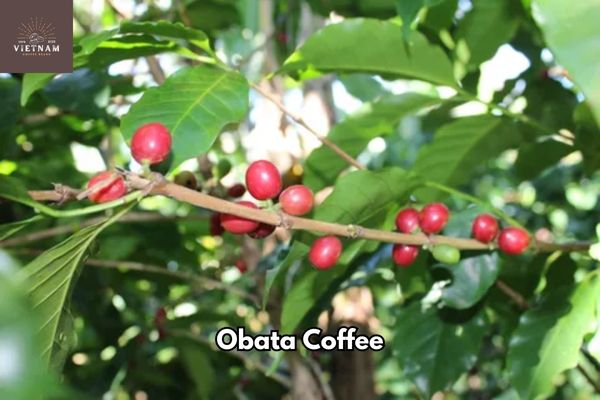As a coffee lover, I am always find the new ways to make my caffeine fix more ethical and sustainable. One option that has been gaining traction in recent years is fair trade coffee.
But what exactly is fair trade coffee, and why should you consider buying it? In this article, I will delve into the details of this, from ensuring fair prices for farmers to promoting socially responsible consumption, as well as exploring how it affects the quality and flavor of your coffee.
Fair trade coffee is not just a buzzword or a passing trend; it represents a movement towards more equitable and sustainable practices in the global economy.
When you purchase this coffee, you are supporting farmers who receive fair prices for their crops and work under humane conditions, while also promoting environmentally friendly farming practices. You can also discover the world of coffee beans, with different flavors, aromas, and origins.
Fair trade certification ensures that your cup of joe was produced without exploitation or harm to people or the planet – something that cannot be said for many conventional brands on supermarket shelves. So if you want to make a difference with your daily dose of caffeine, read on to learn more about why fair trade coffee may be worth considering.

Ensuring Fair Prices for Farmers
Ensuring fair prices for farmers isn’t just morally right; it’s also necessary to foster sustainable and equitable economic development in coffee-producing communities.
This is where fair trade certification comes in, ensuring that farmers receive a minimum price for their coffee beans even when market prices are low. Additionally, the certification guarantees a premium payment that goes toward community development projects such as education and healthcare.
The coffee supply chain can be complex and often works against the interest of small-scale farmers who have little bargaining power. By participating in fair trade, farmers are given more control over their livelihoods and are able to negotiate better prices with buyers.
This not only benefits individual farmers but also helps to promote gender equality by providing women with equal opportunities and pay.
Buying fair trade coffee means supporting an ethical system that ensures farmers can earn a living wage while protecting the environment. It also encourages transparency along the entire supply chain, providing consumers with information about where their product came from and how it was produced.
Ultimately, choosing to purchase fair trade coffee supports sustainability efforts and promotes justice within the global economy.

Supporting Sustainable Farming Practices
By choosing to support sustainable farming practices, you can play a crucial role in protecting the environment and ensuring that coffee farmers are able to continue providing high-quality coffee for years to come.
Sustainable farming refers to agricultural practices that promote environmental health, social responsibility, and economic viability. Fair trade coffee producers prioritize sustainability by using eco-friendly techniques such as composting, crop rotation, and natural pest control.
To help consumers identify sustainable products like this, organic certification is used. Organic certification ensures that crops are grown without the use of synthetic pesticides or fertilizers which can harm both the environment and human health.
By choosing organic certified fair trade coffee, you can be assured that your purchase supports environmentally friendly farming practices.
Sustainable farming also benefits farmers by promoting long-term soil fertility and reducing their dependence on expensive chemical inputs. This allows them to improve their income over time while reducing costs associated with conventional agriculture.
Supporting sustainable farming through purchasing fair trade coffee helps small-scale farmers build economic stability while maintaining a healthy environment for future generations.
Improving the Lives of Coffee Farmers
If you want to make a positive impact on the lives of coffee farmers, consider supporting sustainable farming practices that prioritize their well-being and economic stability. Fair trade coffee is one way to ensure that farmers are receiving fair compensation for their labor and can invest in their communities to improve their quality of life.
By choosing fair trade coffee, you are empowering communities and contributing to economic justice for farmers.
Fair trade certification requires that farmers receive a minimum price for their beans, which helps protect against fluctuations in the global market.
Additionally, fair trade premiums are paid directly to farmer cooperatives, allowing them to invest in projects such as education, healthcare, and infrastructure. This investment not only benefits the farmers but also improves the overall sustainability of the coffee industry by promoting long-term relationships between buyers and producers.
By purchasing fair trade coffee, you become part of a movement towards ethical consumerism and support efforts to promote environmental stewardship and social responsibility within the coffee industry.
You have the power as a consumer to make informed choices that have far-reaching impacts on people’s lives around the world. Empower yourself with knowledge about where your products come from and how they were produced so that you can make conscious decisions about what you buy.

Promoting Ethical and Socially Responsible Consumption
Let’s explore how we can make a positive impact on people and the environment by choosing products that prioritize ethical and socially responsible production. As consumers, our choices have a global responsibility to ensure that workers are treated fairly and environmental practices are sustainable.
This is where fair trade coffee comes in. By purchasing fair trade coffee, we can help the livelihoods of small-scale farmers who often struggle to compete with larger corporations. These farmers are guaranteed a minimum price for their crops, which helps them earn enough money to cover their costs of production and provide for their families.
Buying fair trade coffee promotes environmentally-friendly farming practices. Many fair trade business require farmers to use organic methods or reduce pesticide use in order to protect both the environment and the health of workers.
The premiums paid by buyers also fund community development projects such as schools or healthcare clinics, which benefit not only the producers but also their communities as a whole.
Overall, choosing fair trade coffee means making an ethical choice that benefits people and the planet without sacrificing taste or quality.
Tasting the Difference: Quality and Flavor of Fair Trade Coffee
Taste the difference in your morning cup of joe with ethical and sustainable coffee options that prioritize quality and flavor. Fair trade coffee is not only about supporting farmers and communities, but also about enjoying a better-tasting product.
Roasting methods play an important role in bringing out the unique flavors and aromas of different types of beans. Fair trade roasters often use small batch roasting to ensure consistency and freshness, as well as to preserve the complexity of each bean’s taste profile.
Brewing techniques are another key factor in producing a great cup of fair trade coffee. The type of brewing method used can greatly affect the flavor and body of the final product.
For example, French press brewing extracts more oils from the beans, resulting in a fuller-bodied coffee with stronger flavors. On the other hand, pour-over brewing highlights subtle notes by allowing water to drip slowly through a filter, producing a clean and crisp cup.
By choosing fair trade coffee, you’re not only supporting environmentally friendly practices and ethical sourcing but also treating yourself to high-quality coffee that has been carefully crafted for optimal flavor. So, next time you’re sipping on your morning brew or grabbing a quick pick-me-up at your local café, consider making the switch to fair trade – it’s better for everyone involved!
One way to preserve the flavor and freshness of your fair trade coffee is to store it properly. The optimal storage conditions for coffee beans are cool, dry, dark, and airtight.
Frequently Asked Questions
Conclusion
In conclusion, I highly recommend choosing fair trade coffee for your daily cup of joe. By purchasing fair trade coffee, you’re not only supporting sustainable farming practices and promoting ethical consumption, but also improving the lives of coffee farmers around the world.
The fair prices paid to farmers ensure that they can earn a decent living and invest in their communities. Furthermore, fair trade coffee offers a unique flavor profile due to the careful cultivation and processing methods used by farmers.
By buying fair trade coffee, you are supporting a more ethical and environmentally friendly way of enjoying your favorite beverage. You are also helping to reduce the impact of what affects coffee market prices, such as climate change, political instability, and market fluctuations.
You can enjoy a delicious cup of java while supporting the people and the planet that make it possible. But how to brew coffee beans well? We have guide from our website, you can learn from that.
As someone who enjoys a good cup of coffee, I appreciate the rich taste and aroma that comes with each sip of fair trade coffee. So next time you’re at your local café or grocery store, consider choosing fair trade coffee and make a positive impact on our global community.






